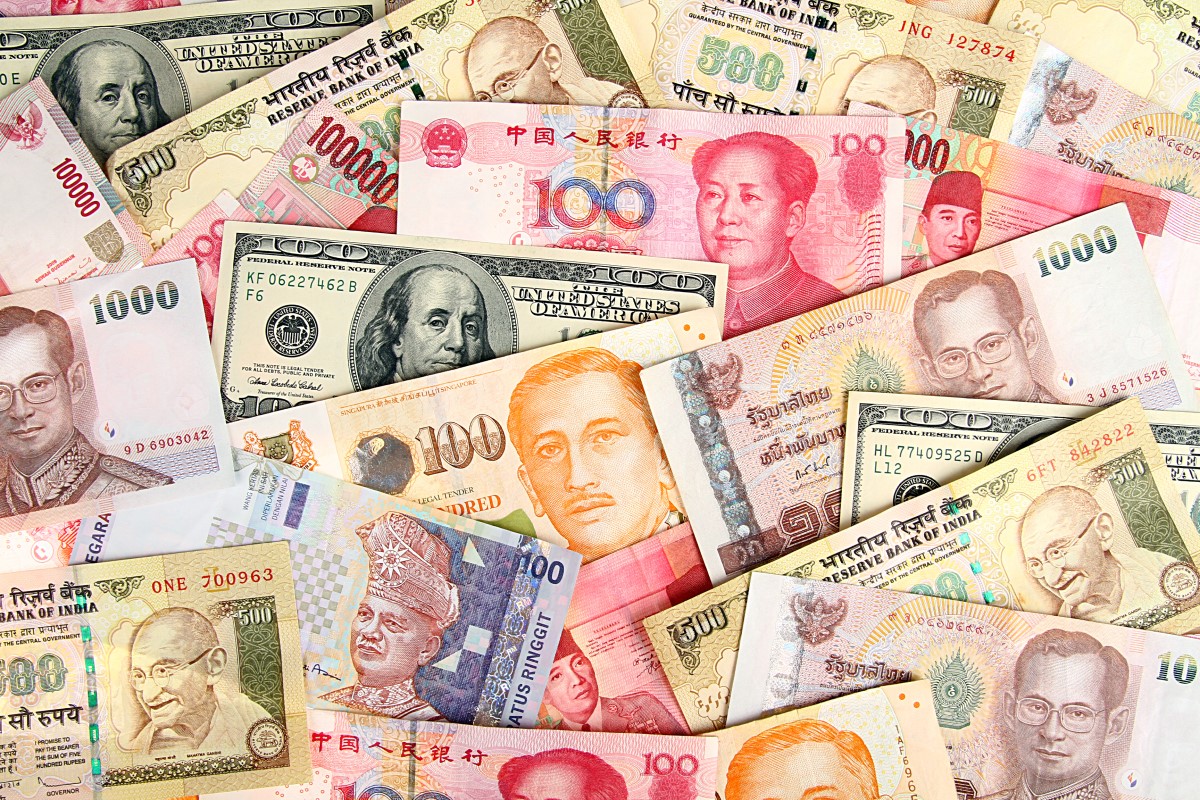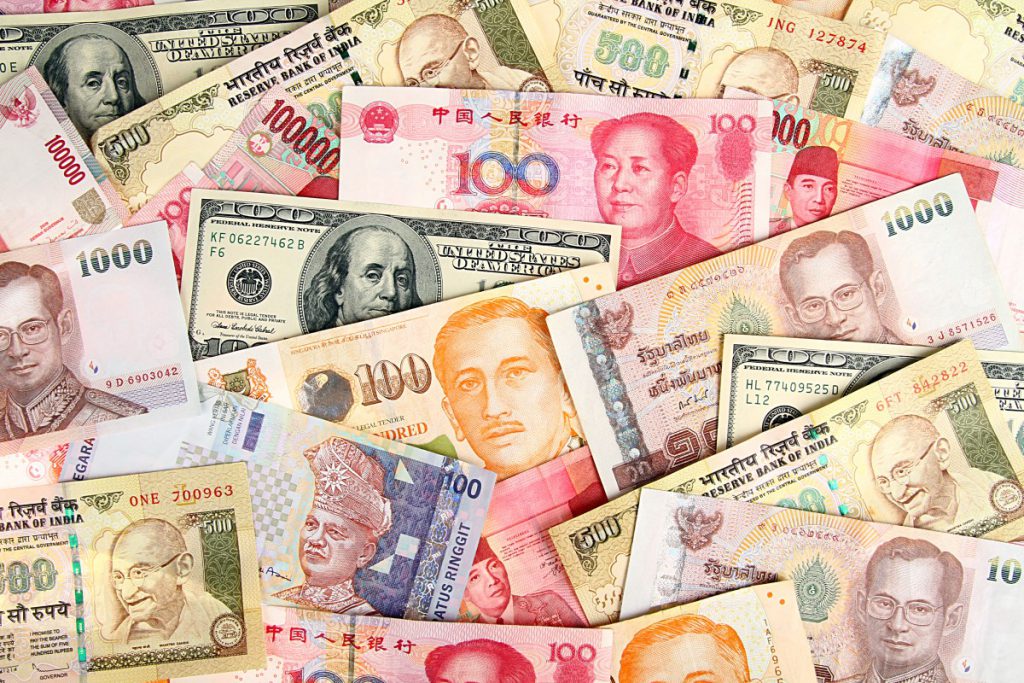
The U.S. dollar plummeted down on Wednesday. Why’s that?
The U.S. dollar tumbled down versus a basket of currencies for a third straight session on Wednesday. Improved sentiment on FX market boosted riskier currencies such as the euro and the Australian dollar.
Thus far, the Aussie was the biggest mover in the G10 group of currencies. It jumped by 0.5% to $0.7734. The New Zealand dollar also rallied during the session, gaining 0.35% at $0.7140.
Meanwhile, political turmoil ebbed in Italy as Prime Minister Giuseppe Conte won a crucial vote to stay in power. That helped the euro to jump to $1.2158. However, the common currency was already buoyant due to a survey that showed improving trader sentiment in Germany.
Joe Biden’s inauguration as U.S. President was scheduled at noon in Washington, but traders were more interested in his policies than the ceremony.
According to ING, authorities have cautioned about possible armed protests across the country. That might cool the markets’ positive mood, though thus far stock futures point to another positive open. Still, considering the muted market reaction to the Capitol riots on 6 January, it’s probable that most assets, including the greenback, may be only marginally influenced by an episode of social unrest.
U.S. Treasury Secretary nominee Janet Yellen asked lawmakers to act big on coronavirus stimulus spending at her confirmation hearing. She also stated that she believes in market-determined exchange rates, without expressing a view on the U.S. dollar’s direction.
The index that measures the dollar’s strength against a basket of rival currencies tumbled down 0.1% at 90.390. Even though the greenback has perked up in recent weeks on the back of an increase in U.S. Treasury yields, traders still expect the currency to weaken again.
Will the dollar remain bearish?
Ebrahim Rahbari, the FX strategist at CitiFX, noted that they remain bearish on U.S. dollar while expecting the downtrend to resume as real yields top out. According to Rahbari, continued Federal Reserve dovishness remains important for their view, in addition to global recovery, so they plan to watch upcoming Fed-speak closely.
Positioning data shows traders overwhelmingly short dollars while they figure budget. Current account deficits will weigh on the dollar as well.
Mark Haefele, UBS Global Wealth Management’s chief investment officer, reiterated a bearish view on the greenback, stating that pro-cyclical currencies like the commodity-producer currencies, the euro, and the sterling would benefit from a broadening economic recovery supported by Covid-19 vaccine rollouts. The British Pound soared by 0.2% against the dollar at $1.3668, rising for a third straight day.


